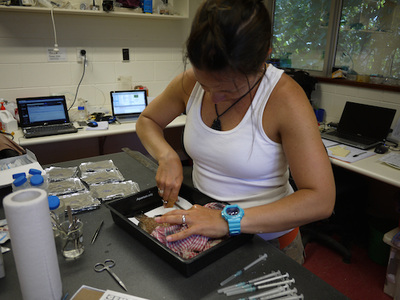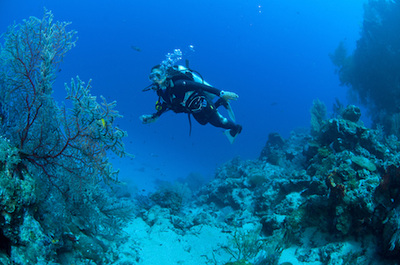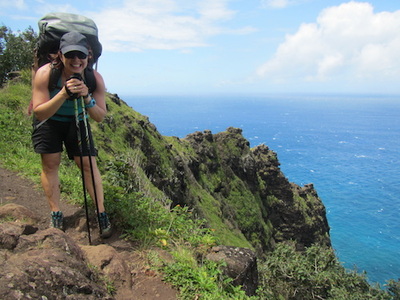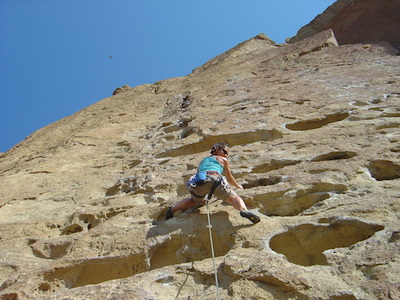
Professor Jodie Rummer
Marine Biology, College of Science of Engineering
James Cook University, Townsville, Australia
Institut des Récifs Coralliens du Pacifique Research Fellow (2014-2015)
George A. Bartholomew distinguished young investigator in comparative physiology (2015)
Lizard Island Reef Research Foundation Fellow (2015-2016)
Associate Professor of Marine Biology, James Cook University (2017 - 2022)
Senior Research Fellow, James Cook University (2014-2017)
ARC Super Science Fellow, James Cook University (2011-2014)
Post-doctoral Fellow, City University of Hong Kong, 2010-2011
Ph.D., University of British Columbia, 2010
M.Sc., University of West Florida, 2004
B.Sc. (hon.), University of West Florida, 1999
Jodie is originally from the USA where she completed honours, BSc, and MSc degrees in Biology and Marine Biology in Illinois and West Florida before moving to Vancouver, Canada to commence a PhD at the University of British Columbia. Her PhD research investigated oxygen uptake and delivery mechanisms in fish during stress, but she has also done extensive research on buoyancy, exercise, and oxygen and temperature stress in fish. After a post-doctoral fellowship in Hong Kong (2010-2011), she joined the ARC CoECRS where she is applying her broad research interests in conservation physiology. Jodie’s research aims to understand how evolutionary pressures have shaped physiological systems and the degree to which adaptation and acclimation to natural and environmental perturbations, such as anthropogenic climate change, can occur.
Dr. Jodie Rummer
Twitter: @physiologyfish
Instagram: @PhysioShark @RummerLab @RummerJodie
Google Scholar Profile
CV
Twitter: @physiologyfish
Instagram: @PhysioShark @RummerLab @RummerJodie
Google Scholar Profile
CV
Research focus:
Ecological, Evolutionary, and Conservation Physiology in Fish
- The physiology of, and performance indicators of stress
- Acclimation strategies and environmental adaptations related to O2, CO2 exchange, acid-base balance, and ionoregulation
- Evolution of life history tactics, distribution patterns, and biogeography




